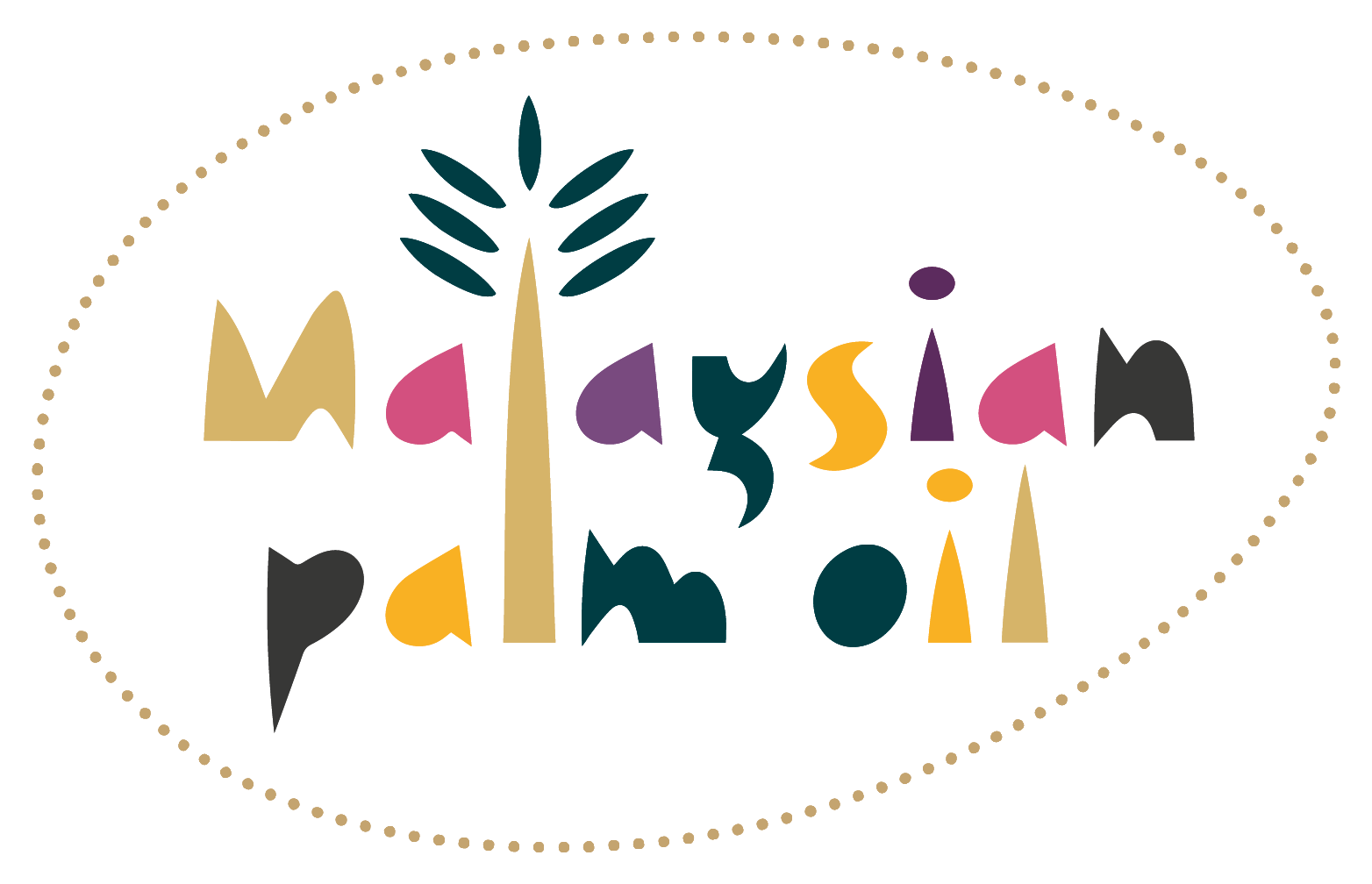Media coverage, and political debate, around palm oil tends to focus on sustainability and environment above all else â and in particular the direct policies related to those issues. Malaysia has a strong track record in both â from reducing deforestation, to mandatory certification.
Other important developments in the Malaysian palm oil sector also deserve attention, however. The pace of innovation amongst the private sector palm oil companies is impressive and too often unremarked. Malaysiaâs leadership in palm oil innovation has directly led to lower deforestation, better consumer choice and higher standards. That benefits everyone from small farmers in Sarawak, to supermarkets in Europe, and families consuming their palm oil-based breads and spreads around the world.
It is worth highlighting a few specific examples.
The first is the commitment to improving yields. Higher yield means more food can be produced on less land. That means low, or no, deforestation â but also an expanding food supply to meet the needs of a growing global population.
This can be achieved through innovation in a number of areas: breeding techniques, better R&D, improvements in fertiliser and pest control, more effective land management, mechanization, use of IoT and faster processing of fruits to prevent wastage. These are just some of many innovations that have seen Malaysia lead the world in high-yielding agriculture.
(Palm oil, famously, is already the worldâs most-efficient oilseed, using far less land than rapeseed, soybeans and others to produce the same tonnage of oils. These innovations are reinforcing that superiority)
A second major innovation is the development of organic palm oil, removing all chemical products from the cultivation process. Natural waste products and by-products can be used as fertiliser, and animals can be used for grazing, pest control and other essential husbandry tasks. This has particular relevance for customers in the European market, where organic products and ingredients are highly prized.
Innovation in the form of high technology is also moving at a fast pace. Drones are already being trialled for use in oil palm plantations â to improve harvesting accuracy and reduce waste, and for more efficient monitoring of the palms. Drones can also reduce the need for human labour â which is a challenge in Malaysia as the economy continues to develop and young people move to cities and away from agricultural jobs.
Opportunities also exist for the use of blockchain â for example, in supporting certification, traceability and compliance efforts â as well as in the emerging field of AI.
Not all innovation is high-tech, however. Some plantations in Malaysia are famous for using low-tech barn owls as natural pest controls (rather than chemical pest control solutions) â erecting barn owl nests is just as innovative in its own way, as some of the higher-tech and R&D-based innovations.
What is the end result â and who benefits â from Malaysiaâs leadership in palm oil innovation?
Malaysiaâs natural environment is a primary beneficiary. Increasing yields mean less land use, and lower deforestation from the expansion of palm oil planted area. The private sectorâs innovations and yield improvements mean it is possible for government zero-deforestation targets to be met â while still increasing both output and revenue from palm oil.
Consumers also benefit greatly, both in Malaysia and in markets around the world. Increasing yields and higher efficiency mean low and stable prices can be maintained to benefit buyers and end-consumers. Diversification, in the form of some new organic palm oil for example, provides greater consumer choice and market competition. The experiences of the COVID pandemic and the Russia-Ukraine war also demonstrate the resilience of palm oilâs supply chain and Malaysiaâs ability to offer security of supply to markets around the world.
Innovation is not reserved only for the private sector: the mandatory government certification standard MSPO is a global leader for palm oil certification. It demonstrates â as recently affirmed by European auditor Pierre Bois dâEnghien â that as well as private sector innovation, Malaysia is also a leader in sustainability certification.
